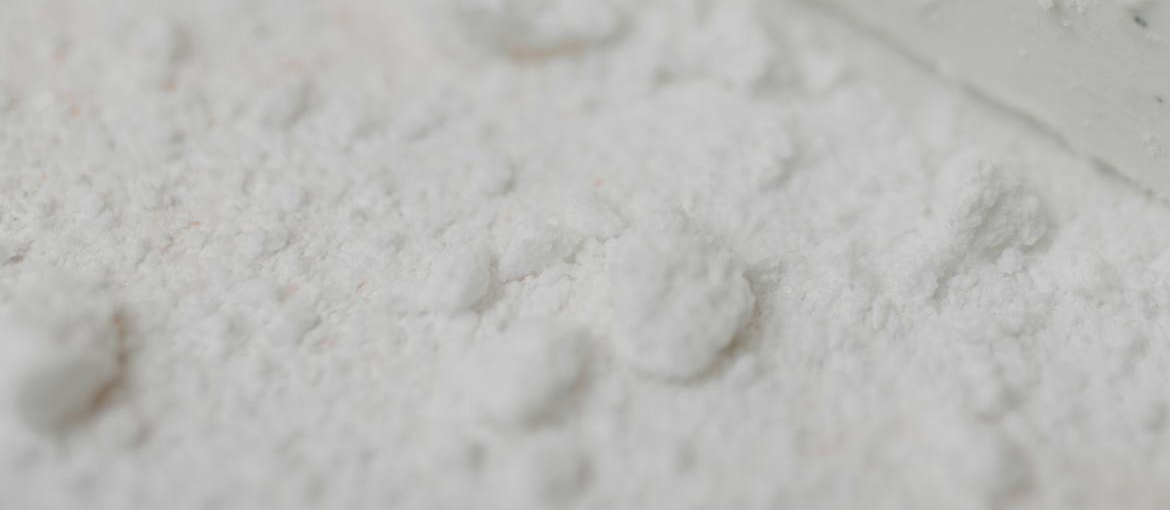Recovery is not easy, and it is typically very emotionally charged. Those recovering from addiction tend to feel a lot of shame, self-blame, sadness, and anger. The intensity of such emotions somewhat depends on the substance abused, and anger during crack cocaine addiction recovery comes as no surprise. Learning to manage it by developing healthy coping mechanisms and implementing practical techniques will help the entire process and equip you with skills for a lifetime. Harmony Ridge Recovery Center, as one of the prime drug and alcohol treatment centers in West Virginia, can help you in these efforts to manage your anger.
Understanding Why Anger Arises in Recovery
Anger during crack cocaine addiction recovery can happen for several reasons. It can be triggered by the recovery process, like emotions or physical symptoms you experience while in rehab. Unresolved past issues can also cause it.

So, why do recovering addicts get angry?
- Some of your withdrawal symptoms, such as irritability, mood swings, and emotional instability, may result in anger as an all-encompassing emotion. There might come times during the detox stage of your drug rehab Buckhannon WV, that make you feel powerless and helpless or frustrated, which can lead you to feel angry.
- Your anger can be a manifestation of other emotions and a signal of unresolved past issues. Feelings like guilt and shame typically occur during recovery. Past traumas may resurface once you do not use crack cocaine. Grieving and sadness are also not unusual during rehab, and some research shows that depression in men often comes out as anger.
To successfully manage anger during recovery, regardless of the reason it’s happening, it’s important to understand what triggers it. Identifying individual triggers and challenges can help professionals develop the skills and competencies to overcome them.
Recognizing Triggers for Anger
A good place to start managing your anger during crack cocaine addiction recovery is understanding what triggers it. While working with your therapist at Harmony Ridge Cocaine Addiction Treatment Center, you should start identifying what people, situations, or emotions provoke anger. Here are the most common triggers:
- Cravings and withdrawal struggles. These triggers specifically happen during the first stage of the recovery, known as detox. Detoxification can be uncomfortable and emotionally challenging, as this is the time when cravings are the strongest. Since professional detox takes place within a facility, you won’t be able to satisfy your cravings, leaving you angry and frustrated.
- Conflict with family, friends, or support groups. These occurrences can make anybody angry regardless of the situation they find themselves in. However, during recovery, the need for support and understanding intensifies, and any conflict can trigger a surge of negative emotions, including anger.
- Frustration with slow progress in recovery. Recovery takes time, and this can be frustrating, especially if you’re highly motivated to overcome your addiction. From a professional standpoint, every move in a positive direction is a thing to celebrate, but you might be frustrated with the slow pace and often feel angry about it.

Healthy Ways to Manage Anger
Now that you know what can cause anger in recovery, the next question is: How do you manage anger in addiction recovery? Several healthy techniques can help manage stress and anger regardless of the situation, but they can be especially beneficial for someone recovering.
- Deep breathing and mindfulness can help you regain control in the moment. Deep breathing calms your nervous system down, and mindfulness techniques teach you how to experience thoughts and emotions without allowing them to trigger a negative response.
- Physical activity, like exercise or sports, supports recovery and can contribute to reducing anger. Physical activity provides an outlet for negative emotions; in certain situations, it requires a deep focus with an almost meditative effect. By being active, you can release built-up tension.
- Creative outlets like journaling, painting, or music have a similar effect. During art therapy rehabilitation, you learn how to express your emotions constructively. The creation process can put you in a flow and help you detach from anger.
- Finally, you can deal with anger head-on by relying on psychotherapy. Approaches like cognitive behavioral therapy (CBT) help you challenge negative thought patterns that may have made you angry. Reframing your thoughts will result in a different emotional reaction.
Building Strong Coping Strategies
In addition to healthy strategies, you can work on developing and practicing certain skills to prevent anger from impacting your life. Here are several things you can do:
- Set realistic goals for your recovery process—recovery is a marathon, not a race.
- Develop healthy communication skills to express emotions without aggression.
- Practice patience and self-compassion—recovery is a process, not perfection.
- Create a relapse prevention plan for when anger feels overwhelming.
- Build a support system to remind you of how far you’ve come.

Seeking Professional and Peer Support
Dealing with the recovery process and an abundance of often overwhelming emotions is a true challenge difficult to overcome on your own. It’s important to remember you can always count on external support, whether professional, peer, or from your loved ones.
Professionals can help you in various ways. From designing treatment programs based on your needs, circumstances, and preferences to suggesting rehabs tailored to the needs of specific groups, like rehab for seniors or rehab for veterans. Peer support groups often feature in these programs, allowing you to draw inspiration from the success stories of others. Professionals can also provide continuous support even after your rehab is done.
Financial Aid Can Also Help
External support can also come in the form of financial aid. Relying on insurance networks can alleviate the financial strain associated with recovery, often leading to frustration and anger. For instance, if you rely on Humana rehab coverage, you can expect your rehab to be fully or partially covered.
Defeat Anger During Crack Cocaine Addiction Recovery
Various negative emotions can happen during recovery, and they can be overwhelming. Experiencing anger during crack cocaine addiction recovery is just one of many normally occurring emotions during rehab. While normal, it can slow down your progress, so it’s important to address it when it occurs.
Learning to manage anger is not an easy task, but Harmony Ridge Recovery Center can help you. Contact us for the support you need to overcome this challenge.
Sources:
https://www.businessinsider.com/man-therapy-study-men-depression-symptoms-can-be-anger-irritability-2021-6
https://pmc.ncbi.nlm.nih.gov/articles/PMC8827371/#



